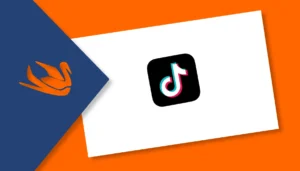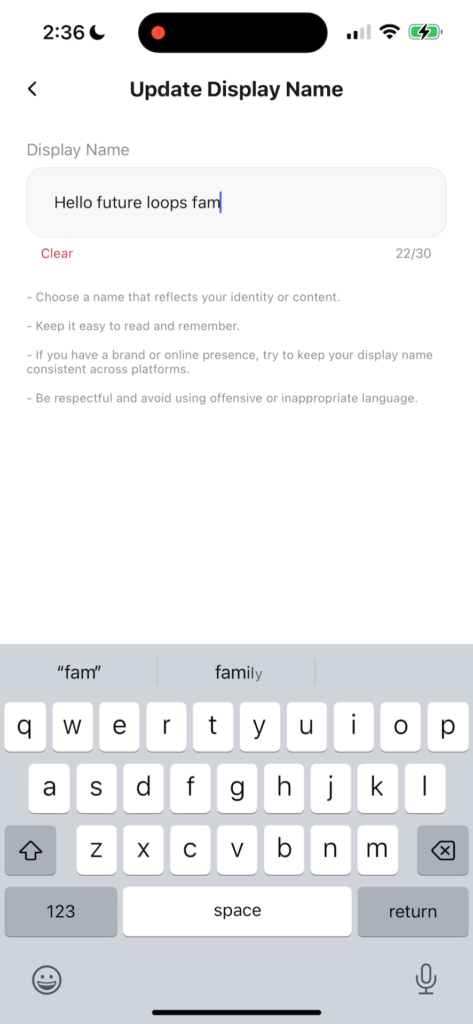From Albania’s drastic ban to Italy’s preventive measures, the debate on social media’s influence on youth resurfaces
Albania and TikTok: an unprecedented ban
Albania has taken a bold step to counter the negative influence of social media on youth by banning TikTok for one year. This decision, announced by Prime Minister Edi Rama, follows a tragic event: the killing of a 14-year-old student after an argument allegedly influenced by TikTok content.
“For one year, we will shut it down completely for everyone. There will be no TikTok in Albania,” Rama stated, emphasizing the urgent need to enhance school safety. Local data reveals that Albanian children represent the largest group of TikTok users in the country, heightening parental concerns.
A fragmented European approach
While Albania takes an extreme stance, other European countries like France and Germany focus on targeted restrictions for minors. Globally, Australia has implemented some of the strictest regulations, banning social media for those under 16.
China’s approach, the home country of TikTok, provides an intriguing contrast. The platform promotes educational content and “wholesome” values, limiting access and usage time for young users. This reflects the government’s tight control over the internet, social media, and gaming.
Italy: prevention and digital education
In Italy, the debate on online child protection remains active, but without drastic measures like Albania’s. The 2017 law against cyberbullying and the PEGI guidelines for video game classification are tools in place to safeguard minors. However, there are no time restrictions on smartphone or social media usage, leaving prevention efforts to focus on education and dialogue within families and schools.







